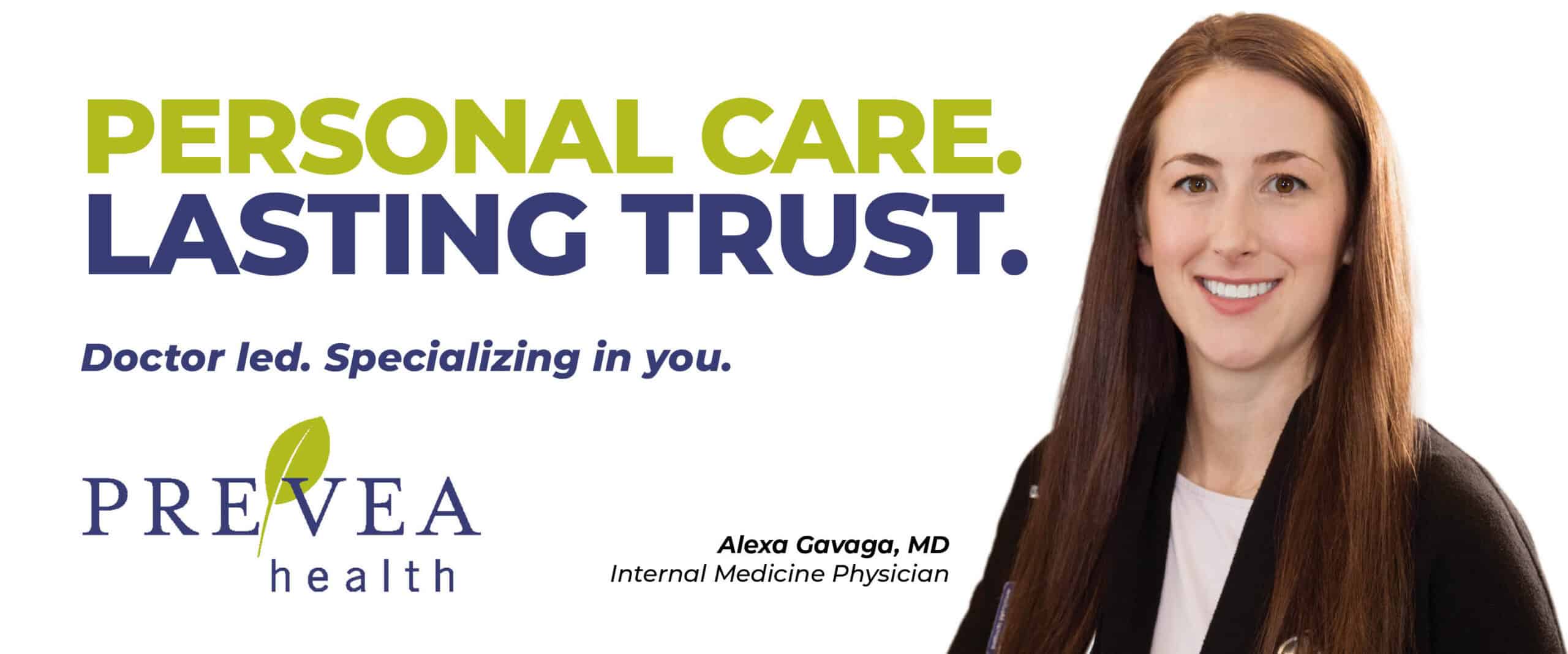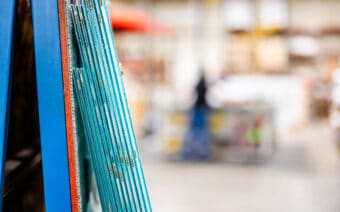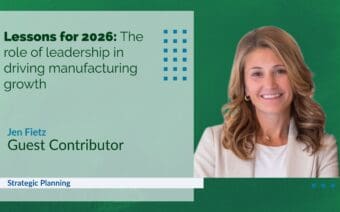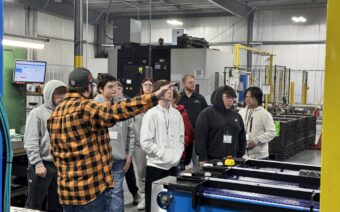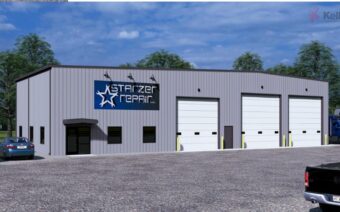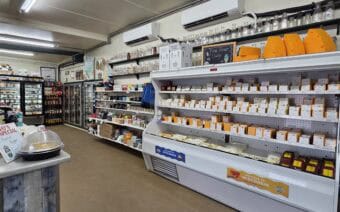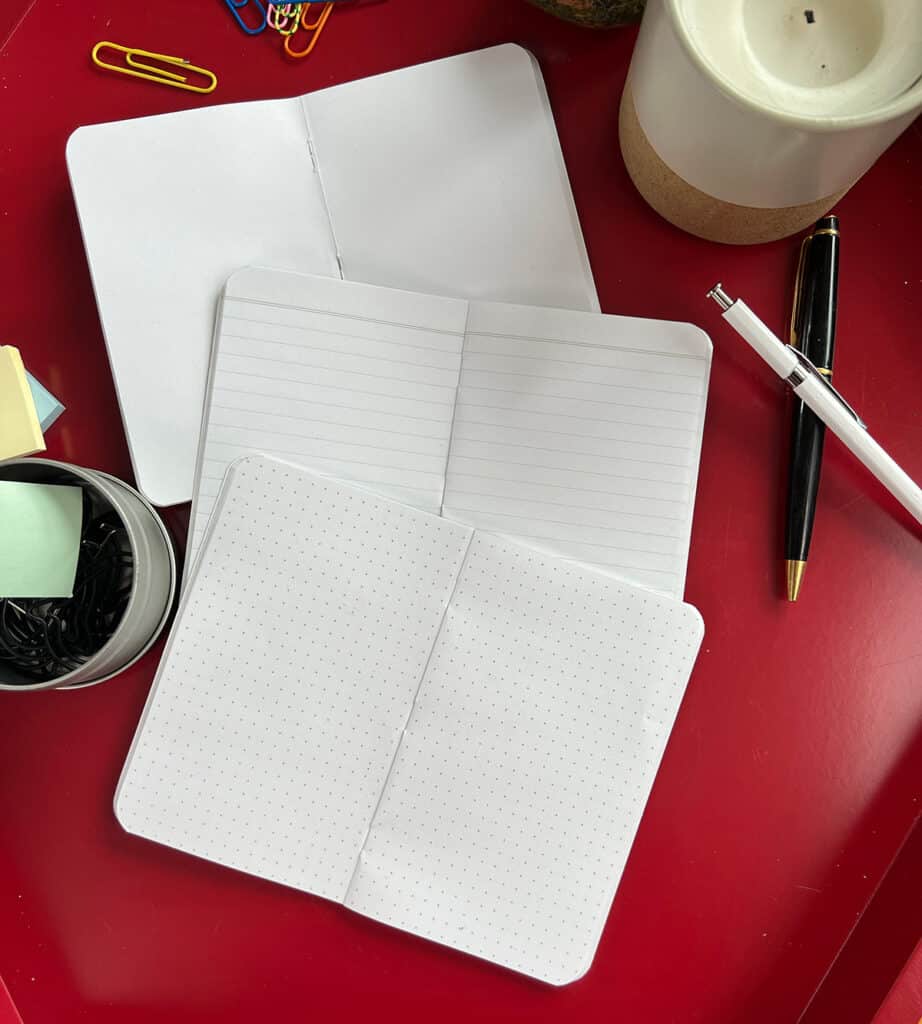
December 30, 2024
APPLETON – Appleton-based New Leaf Paper was recently recognized by the Wisconsin Sustainable Business Council (WSBC), receiving an award in the WSBC’s Sustainable Product category for its New Leaf Green Notes.
Each year, the WSBC’s Sustainable Business Awards honor individuals and organizations leading the way in sustainability, innovation and leadership across Wisconsin.
Jessy Servi Ortiz, managing director of WSBC, said the awards – now in its 10th year – celebrate achievements in environmental, social and governance practices – highlighting businesses that set benchmarks for sustainable innovation and drive meaningful impact within their industries and communities.
“Businesses play a crucial role in shaping a sustainable future by bringing innovative, eco-conscious solutions to markets and consumers,” she said. “These awards honor Wisconsin companies that embed sustainability into their operations and drive transformative change across industries through their leadership.”
Sabrina Schwietzer, vice president of marketing and sales at New Leaf, said it was a huge honor to be recognized.
“To be highlighted with our authentic product meant a lot to us,” she said. “Everyone who attends that conference/council is really focused on how to make things more sustainable in Wisconsin. It solidifies the fact that what we’re doing matters. It’s the little things that add up to a big impact. Using sustainable practices isn’t what we do, it’s who we are.”
New Leaf Green Notes
In describing the award-winning New Leaf Green Notes, Schwietzer said the product is “tiny, but mighty.”
“They’re a memo book about 3.5 inches by 5.5 inches,” she said. “It’s also processed chlorine-free, so it’s very bright, clean white paper, and there’s no bleach or harsh chemicals used in the process. They are all manufactured here in the United States.”
Schwietzer said New Leaf Green Notes use vegetable-based ink.
“That’s much more environmentally friendly,” she said. “We also use vegan-based adhesives, which we are proud of. We’re hopeful the products are environmentally sustainable but also very functional products that do the job.”
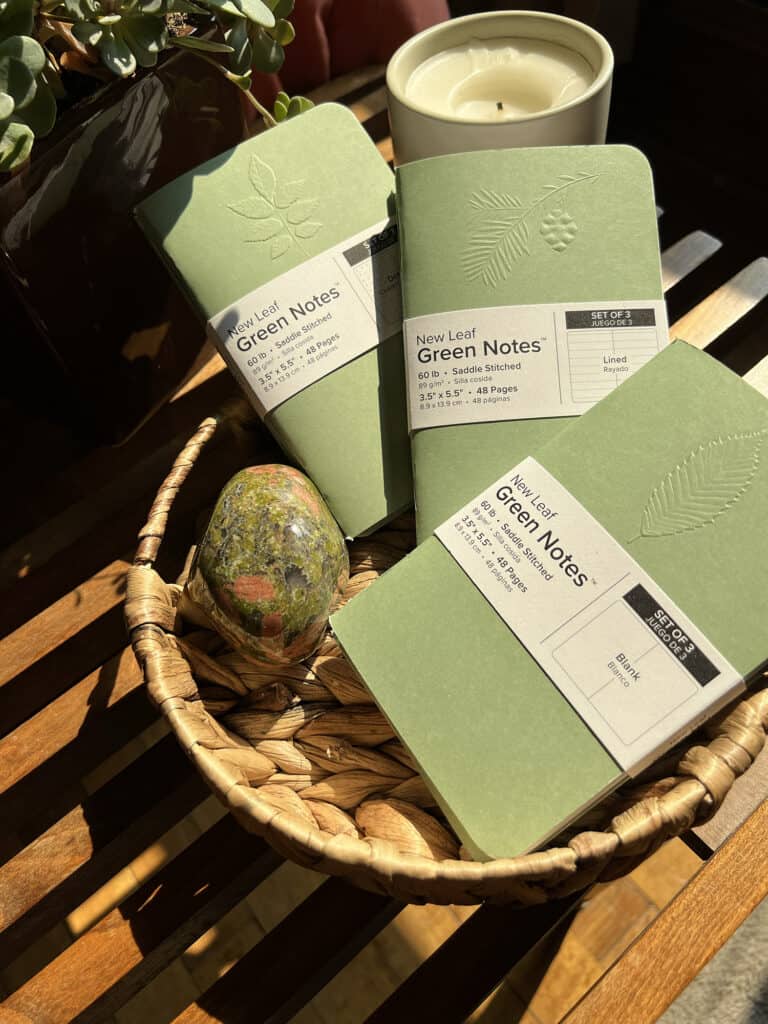
Another benefit of New Leaf retail products, Schwietzer said, is that for every product ordered, “we’re helping reforestation efforts.”
“We partner with One Tree Planted – a nonprofit organization that plants trees around the world to help the environment,” she said.
Furthermore, Schwietzer said, New Leaf Green Notes products:
- Feature three saddle stitches per unit
- Are available in three-packs of pocket-sized products in a variety of page formats and feature sophisticated embossed covers highlighting an endangered tree in North America
- Provide information on the inside back covers regarding these endangered trees and how we all can help to ensure their survival
- Contribute 3% of proceeds to benefit nonprofit organizations working to save endangered trees in North America
“The three trees are the chestnut, redwood and ash,” she said. “The chestnut is in trouble because of blight that came over with the Chinese chestnut trees. The American chestnut has been extremely important in our history because of its usefulness as a food source, among other things. Redwoods are important for many reasons and are in trouble because of deforestation and storm damage over the years. Ash trees are endangered because of the emerald ash borer.”
Schweitzer said New Leaf is highlighting these trees on its New Leaf Green Notes products to bring awareness.
“It gives an educational element and talks about the tree, why it was important and how we can save them,” she said.
More on New Leaf
Based in Appleton, Schwietzer said New Leaf is known for its print and publishing lines.
“We work a lot with commercial printers and publications to use more sustainable paper options than what is typically out there,” she said. “We want to make a sustainable shift in the paper industry. As most people realize, the paper industry in Northeast Wisconsin is near and dear to many people’s hearts.”
Schwietzer said she gets to combine the fact she “is a certified paper nerd” with her paper industry background in her role at New Leaf.
“From a personal standpoint, I love everything about nature and the principles of conserving resources and the sustainability aspects of that along with trying to create a better planet for the future,” she said. “It ties closely to the mission of New Leaf.”
Schwietzer said New Leaf was a founding B Corporation – which are businesses that meet the highest standards of verified social and environmental performance, public transparency and legal accountability to balance profit and purpose.
“That means we are a for-profit organization, but we are also a public benefit corporation,” she said. “We’re held to comprehensive and different legal standards relative to transparency and social and environmental standards compared to a typical corporation. We go through a rigorous certification process to be able to call ourselves a certified B Corporation. At this point, there are more than 2,000 B Corporations in the United States.”
Though New Leaf is a for-profit organization, Schwietzer said “we do good with our profits.”
“We take a good portion of our proceeds yearly and give back to the community,” she said. “We also believe in educational opportunities. Volunteer hours are expected from our employees during work time, and we also help the community with monetary donations.”
It’s not just about using high recycled content paper either, Schwietzer said.
“It saves trees and energy, and it saves water and greenhouse gas emissions,” she said. “When I came aboard in 2022, we wanted to build a retail segment as well. Everything on our retail product line side is made of 100% post-consumer, recycled fiber. We like to say, ‘No trees were harmed in the making of our retail products.’”
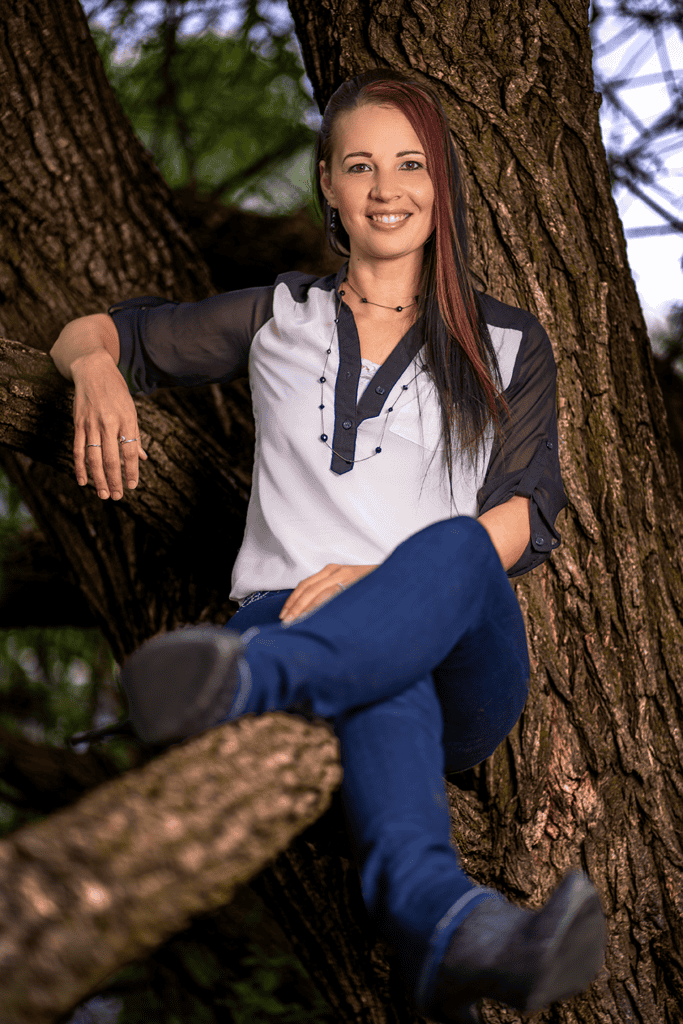
According to the company website (newleafpaper.com), New Leaf’s mission includes several sustainability practices, including:
- Protecting and preserving forests
- Using high post-consumer recycled fiber products to replace virgin fiber
- Reducing pressure on our waste stream
- Creating more demand for wastepaper and increasing the use of recycled fiber
- Decreasing water usage
- Recycled paper manufacturing to make high post-consumer recycled fiber papers uses up to 25% less water compared to virgin paper
- Reducing greenhouse gas emissions
- Reducing the amount of wastepaper sent to landfills reduces decomposition, and trees continue to sequester carbon in forests
- Using less energy to manufacture high post-consumer recycled fiber products than virgin paper production requires
“Recycled paper has come a long way, even in my 20 years of working in the paper industry,” Schwietzer said. “There used to be this idea that recycled (paper) wasn’t the best quality – it was dirty and had some imperfections. With the way manufacturing technology has changed over the years, we’re able to produce very clean white sheets without having to sacrifice the working qualities (of the paper).”
Despite the need/want of New Leaf to use recycled paper, Schwietzer said it is always trying to learn more about sustainability.
“We are getting better at how we do things, and technology is getting better,” she said. “The other reality is, there is a life cycle to recycled products. You can recycle it X number of times before the actual fiber breaks down to a point where it may not serve its purpose anymore.”
For example, Schwietzer said, every time you recycle paper products, the fibers get shortened a little bit.
“If it starts out as really thick card stock, eventually, maybe it can only be used as a newspaper product,” she said. “There is a lot of work being done to find alternative sustainable fibers. It would be a hope of mine – someday – to get away from using trees altogether. Sugar cane, bamboo or even hemp fibers – there’s a lot of alternatives out there where you can even mix some of those alternatives with recycled fibers.”
However, Schwietzer said, unfortunately, the vast majority of paper that could be recycled and repurposed “never gets that far in the recycling process.”
“I think we’re pretty good in Northeast Wisconsin from a recycling standpoint, but there are other parts of the country where it’s not so good,” she said.
 Vines & Rushes Winery: Wisconsin-grown wine with every sip
Vines & Rushes Winery: Wisconsin-grown wine with every sip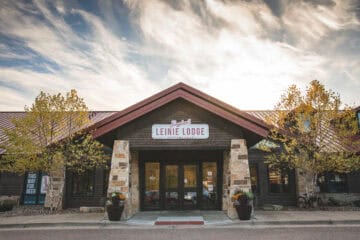 Raise a glass to 150-plus years of brewing tradition
Raise a glass to 150-plus years of brewing tradition

